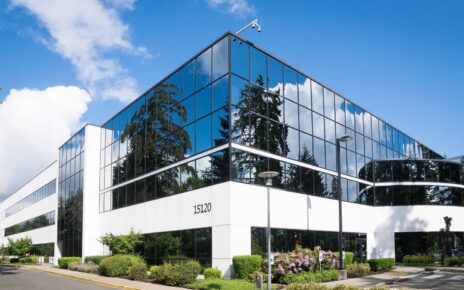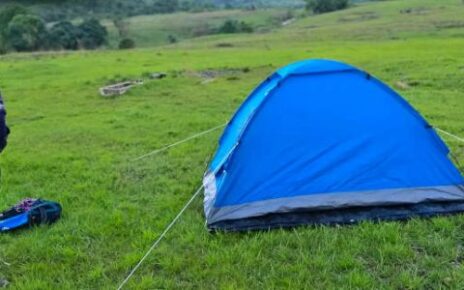You want to import your dream car into Canada from the US. What’s next? The Canada Border Services Agency (CBSA) is in charge of border control and facilitating imports and exports. You must follow the necessary process, to ensure that your car is cleared at the port of arrival, after payment of applicable duties and taxes. The ongoing COVID-19 pandemic has only made things hard. Self-importing is no longer an option for individuals, considering the restrictions, where self-quarantine for 14 days is mandatory. Working with a known customs broker, such as Clearit car importing, can actually help.
“Do I really need a customs broker?”
The short answer is no. Hiring a customs broker for your car import in Canada is a matter of choice. It is more about expertise. All customs brokers in Canada are licensed by the CBSA, and they can help in clearing your vehicle in time. Import requirements make it mandatory to have the vehicle inspected by provincial (and federal at times) agents within 45 days, from the date of entry. Importers are also required to pay taxes, including green levy tax and GST.
If you face issues regarding taxes, you engage accounting companies that provides tax services to help you with these problems.
How can customs brokers help?
From understanding the supplier requirements to tariff classifications and routings, customs brokers can help with every aspect of car importing in Canada. They can also help in reviewing how you can minimize the costs, while staying compliant at the same time. Car importing services offered by customs brokers include AES/ITN Number, submitting to Automotive Export Control, having an agent at the time of crossing border, and handling documents related to release of the vehicle. They can also handle duties and taxes, which must be paid to the CBSA, besides maintaining accounting documentation.
Finding the right customs brokers
While all customs brokers in Canada are licensed, some services are better than others. To find the right service, check the track record, through reviews and customer testimonials. You can ask the customs broker for a few references too. Also, check the costs of importing the vehicle. Many customs brokers charge a flat fee for vehicle imports, which covers most of the expenses, and you don’t have to worry much about hidden costs. Don’t step back from asking questions that are relevant to your importing requirements.
Working with a customs broker is more about getting your vehicle cleared without mistakes. Issues with paperwork or compliance requirements are not treated kindly by the CBSA, and you may end up spending more than expected.





